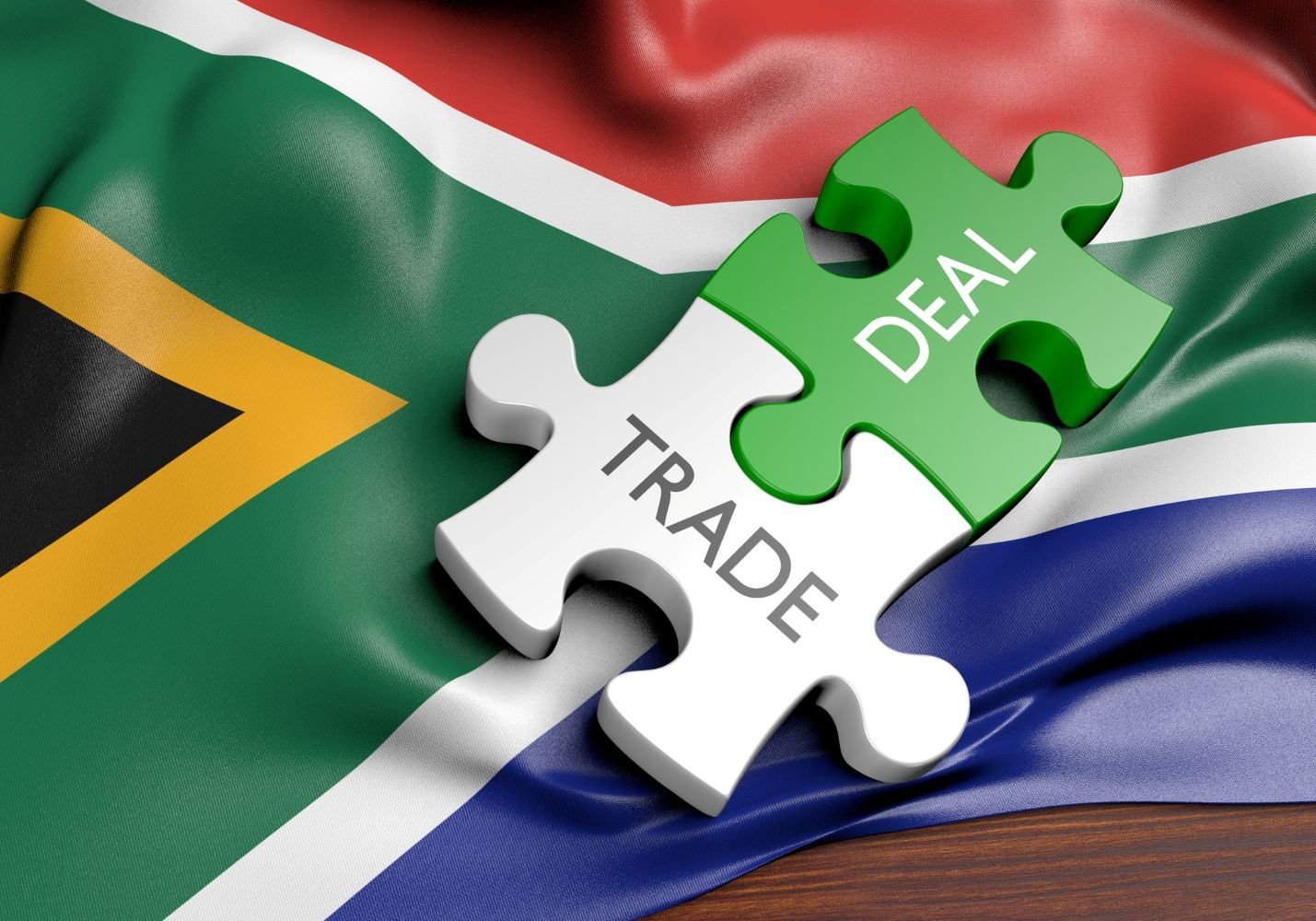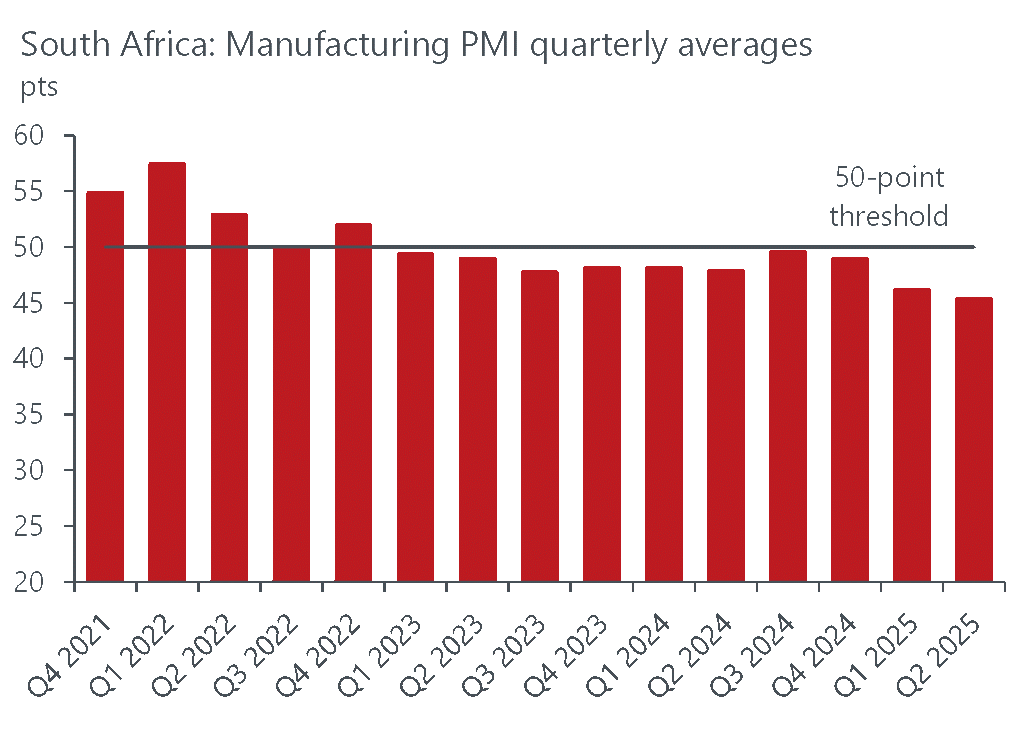There are currently 30 categories on the website, and more are expected to be added.
Proudly South African has launched an online store where buyers can buy locally made products and services. The online store, supported by the Department of Trade, Industry and Competition (dtic), is an initiative to support small and medium enterprises (SMEs) in the country.
The online store, Shop SA, currently lists 300 businesses and 1 000 products that customers can purchase. The store was officially launched in Sandton on Tuesday.
Proudly SA CEO Eustace Mashimbye said they are still in the process of listing more businesses, and after the vetting process, they will have approximately 500 businesses.
ALSO READ: Government to launch online stores: How much do you think a South African dress would cost?
How to list your business
To list your business on Shop SA, you need to be a Proudly SA member. Businesses that are members of the organisation have been vetted and approved by Proudly SA to use their logo, signifying that they meet certain local content, quality and ethical standards.
Being a member offers various benefits, including access to events, expos, workshops, and conferences organised by Proudly SA. Another benefit that has been added is getting to list your business on the online store.
Members can go to the organisation’s website and register to have their business listed.
Those who are not members would need to apply. However, there is a process that Proudly SA follows before giving your business a membership.
Vetting of the business
Mashimbye explained that before listing products and services online, they need to be vetted.
First, at least 50% of the production cost must be incurred in South Africa, and there must be a “substantial transformation” of any imported materials. Quality is of importance; therefore, “the product or service must be of a proven high quality”.
“The company must be environmentally responsible and adhere to production processes that are environmentally friendly and acceptable. Services must demonstrate a willingness to recycle and reduce their carbon footprint,” he added.
ALSO READ: How your bank can help when online purchases go wrong
Categories on the online store
He added that there are currently 30 categories on the website, and more are to be added as businesses sign up.
Courier services will be handled through Bobgo and their partners for door-to-door delivery. This will take between three to five days. However, he stated that as time goes on, they will be looking at reducing the delivery time.
Apart from door-to-door delivery, there are more than 4 000 nationwide drop-off points. They are looking to export in the future, introduce loyalty programmes, expand their list of courier services and implement other initiatives.
How ordering on the online store works
Ordering on Shop SA is no different from ordering on any other online store. A customer will select the product or service they want, make payment, and an order notification will be sent to the vendor via the system.
The vendor will need to confirm stock levels. If the customer has purchased from a single vendor, the courier will collect the parcel and deliver it to the designated delivery address or drop it off at the pick-up point.
If the customer has purchased from multiple vendors, the vendors will need to ship the items to the warehouse; therefore, the courier will collect the items as a single shipment for delivery. This will be at no extra charge to the customer.
The return shipment is booked by the customer at their own expense. The item is returned to the vendor, who will then need to approve or decline the return.
Potential job creation
Minister of dtic, Parks Tau, speaking at the launch, said campaigns like “Buy local to create jobs” are important in shifting consumer choices and institutional procurement behaviours. Research by Proudly SA indicates that if every household redirected just 10% of their annual spend to local goods, it could create up to 120 000 new jobs.
He added that the introduction of export functionality will enable local manufacturers to capitalise on the opportunities presented by the African Continental Free Trade Area (AfCFTA), a market with a projected GDP of $3.4 trillion and access to 1.4 billion consumers.
“South Africa’s ecommerce market itself is also growing, expected to reach R225 billion by 2025, with increased internet penetration and digital payment infrastructure expanding rapidly. It is critical that local producers benefit from this growth and do not get left behind.”














